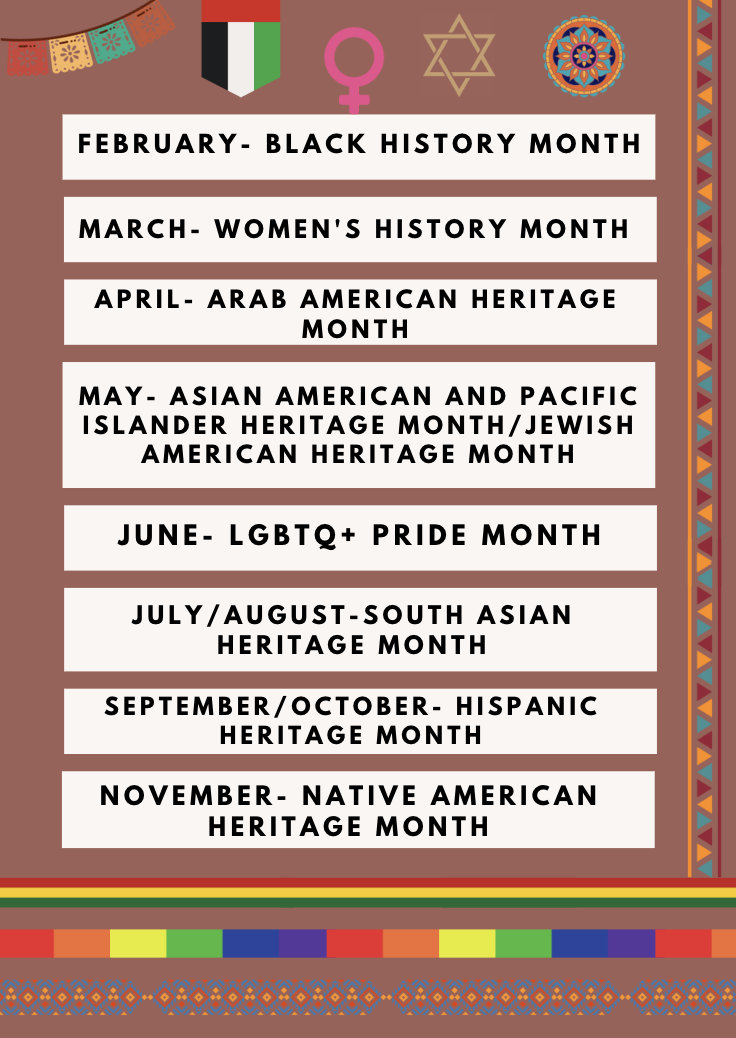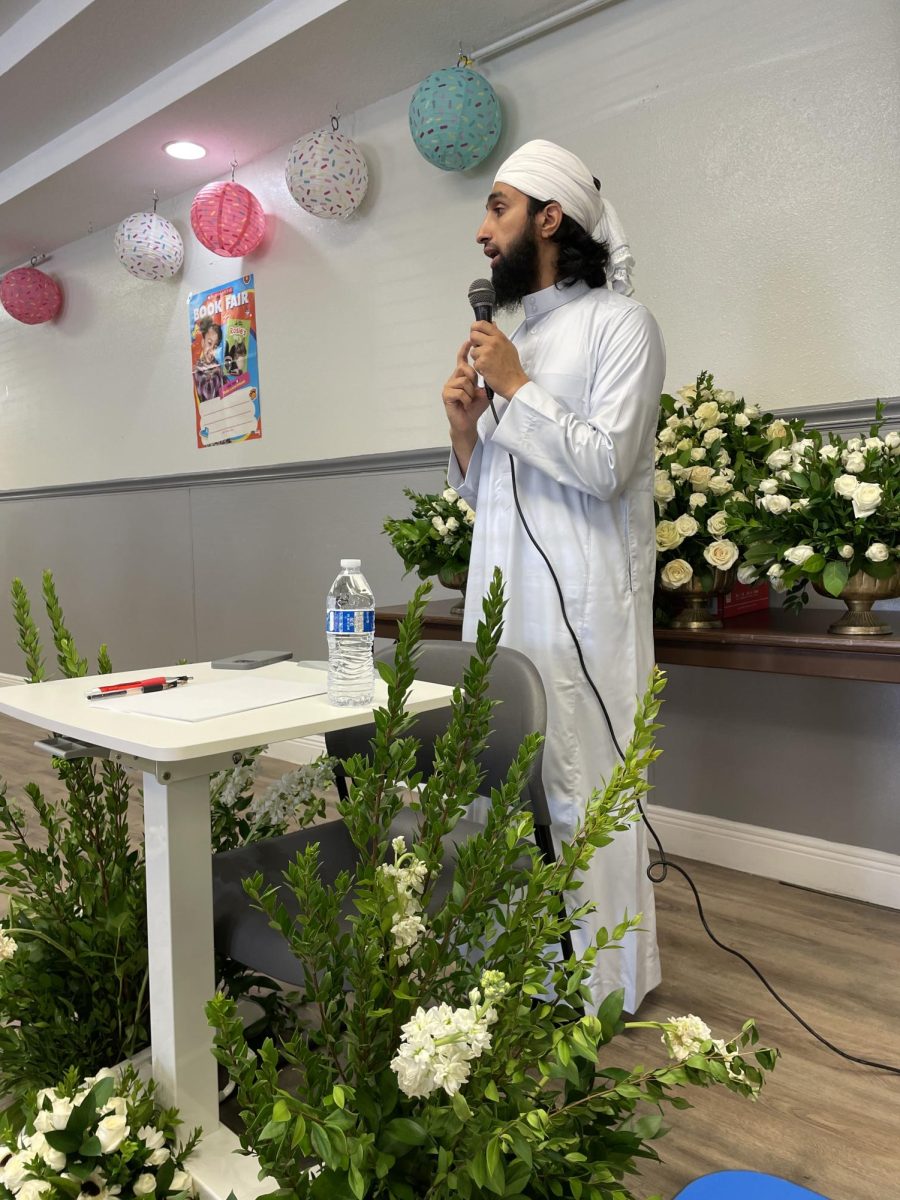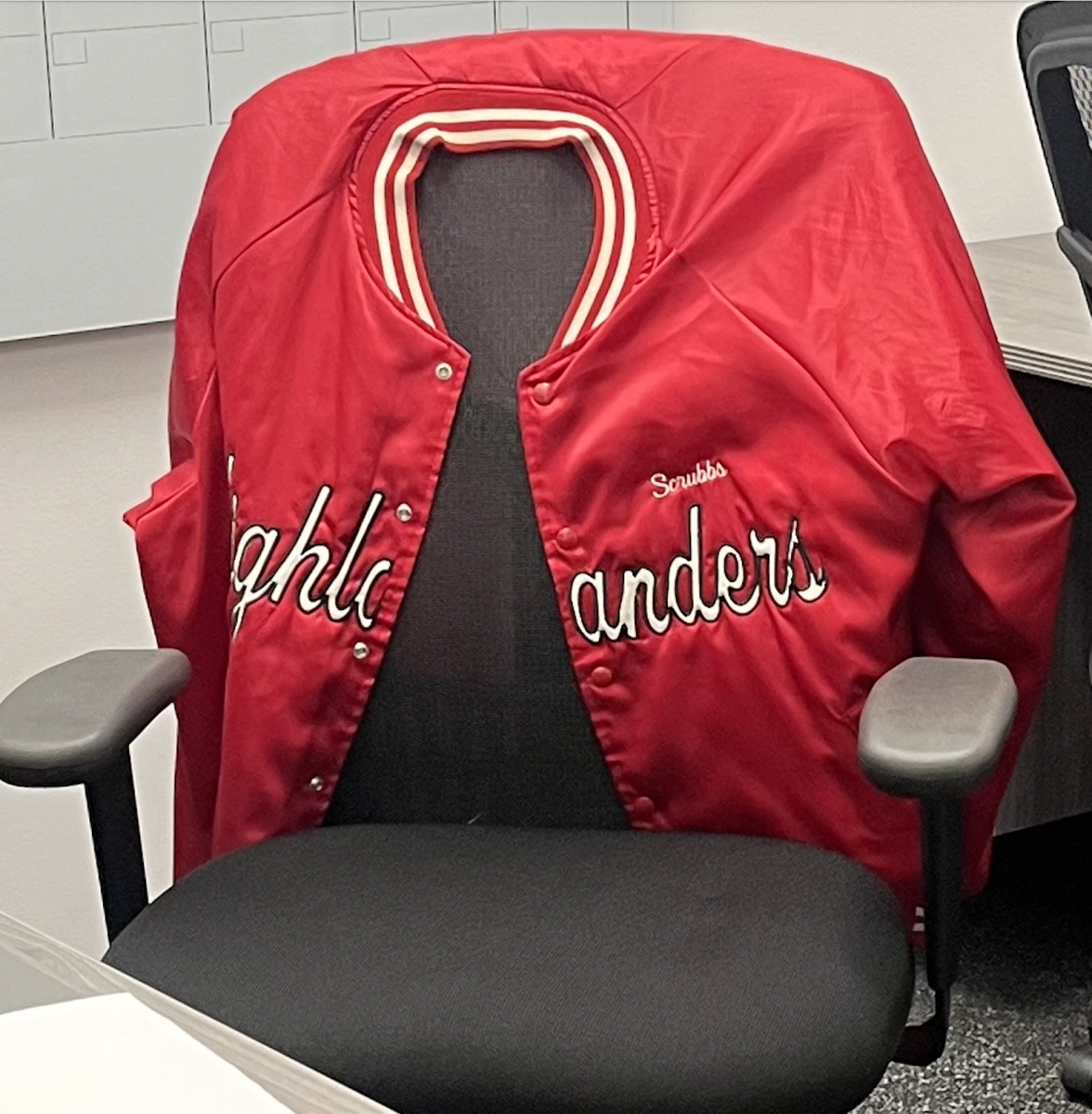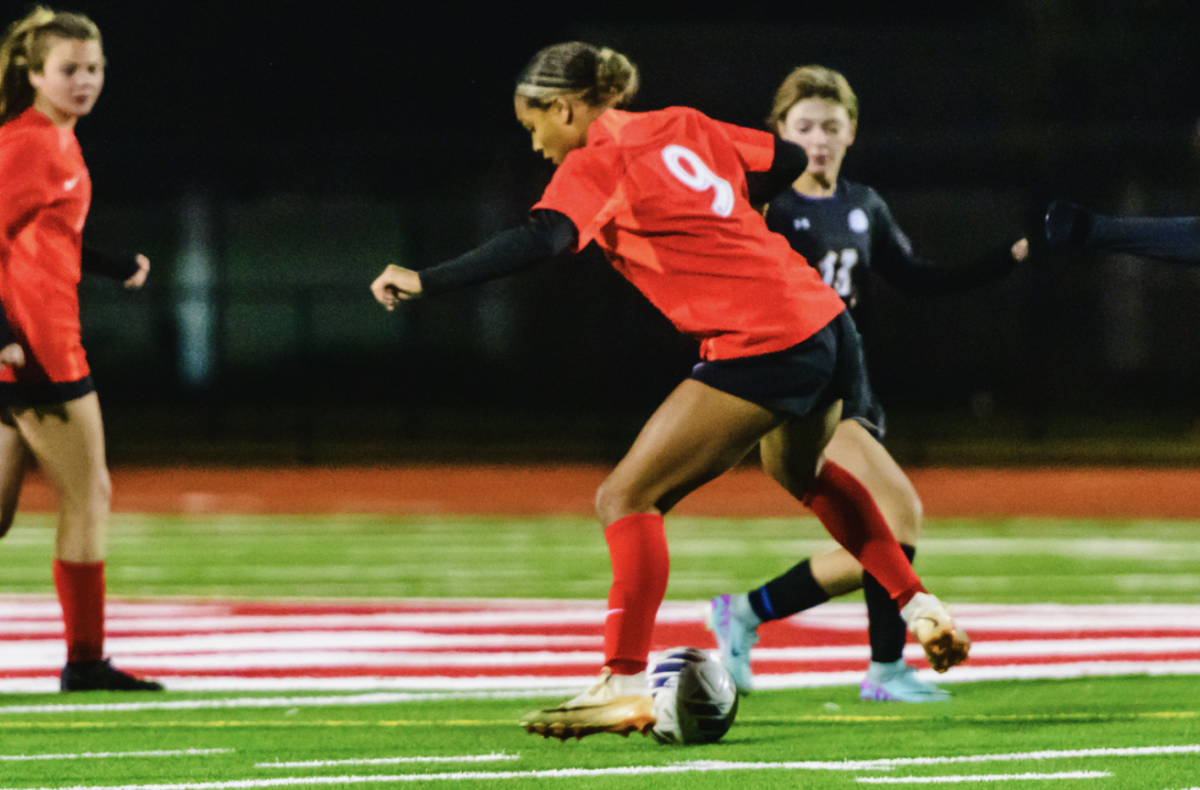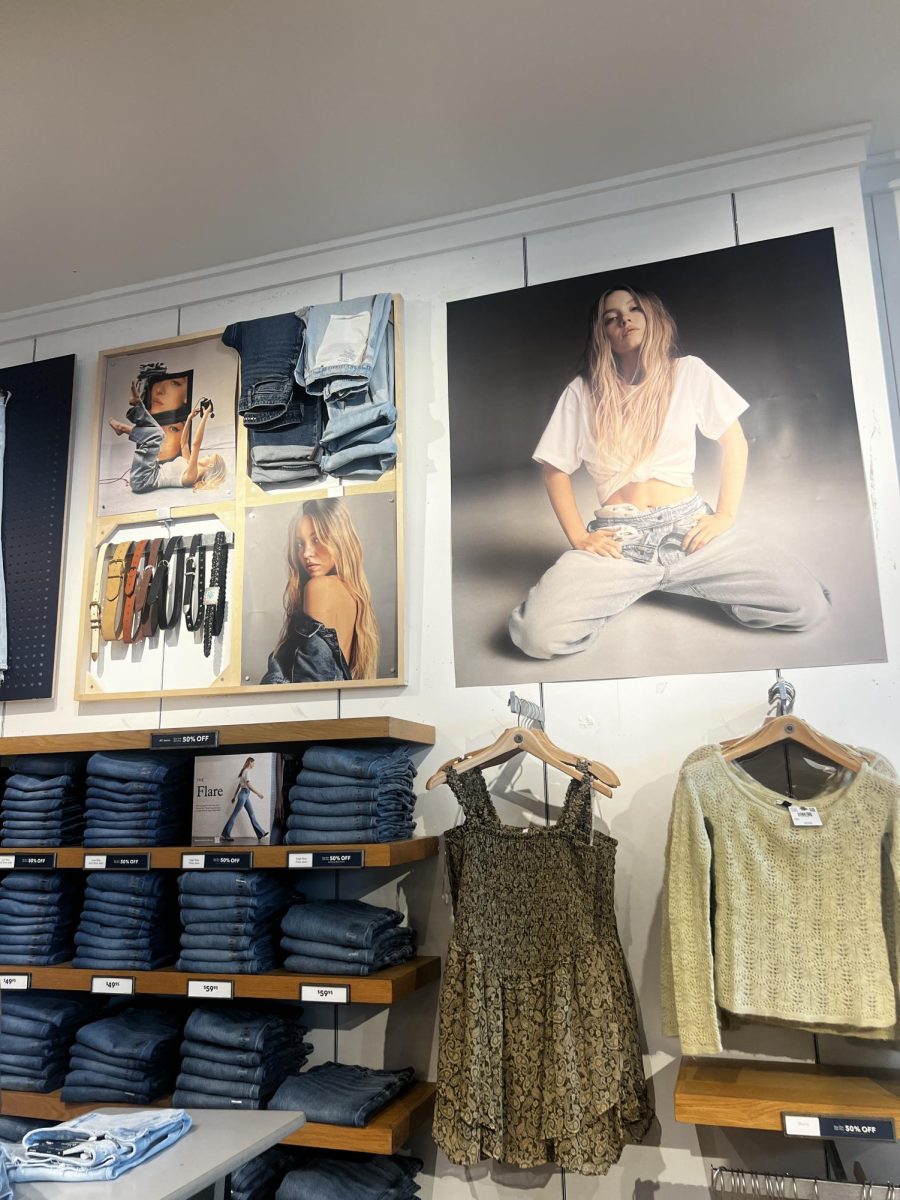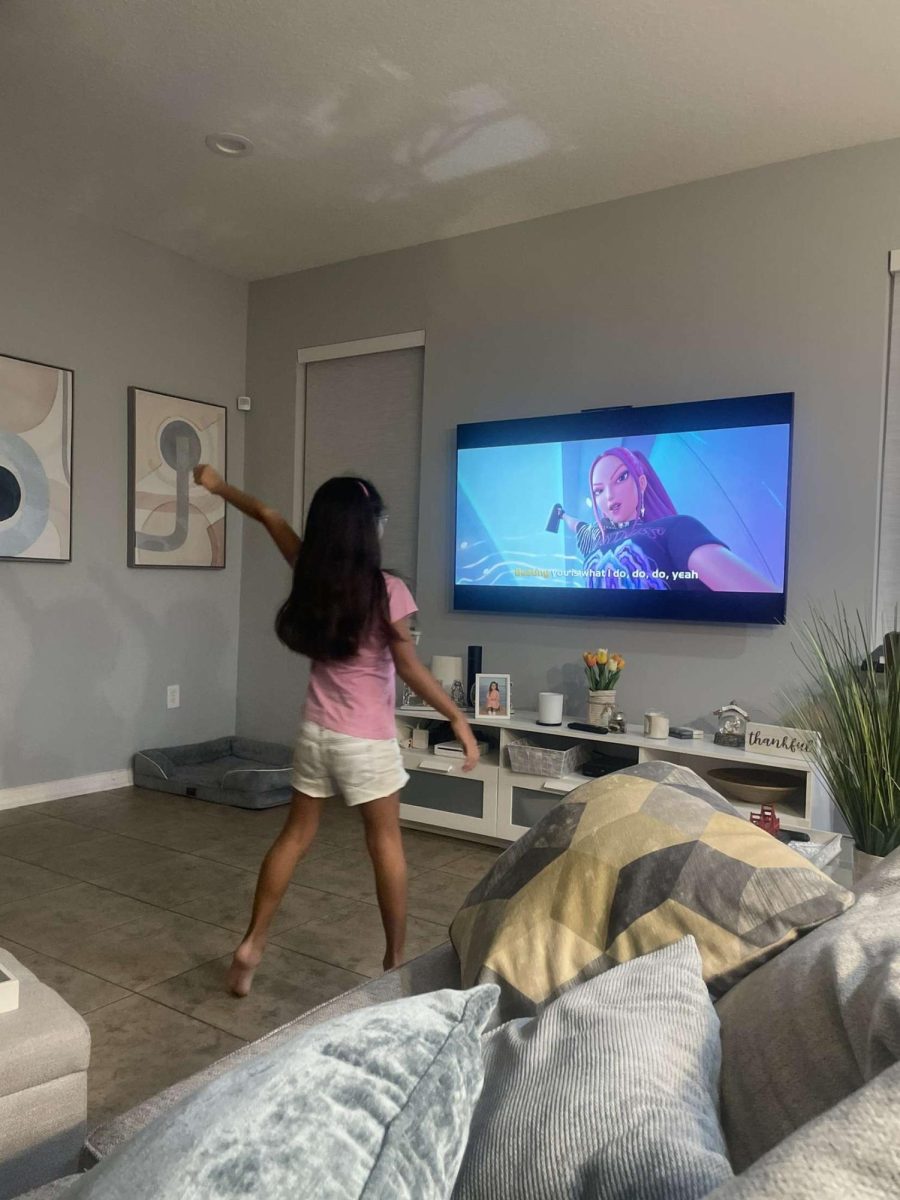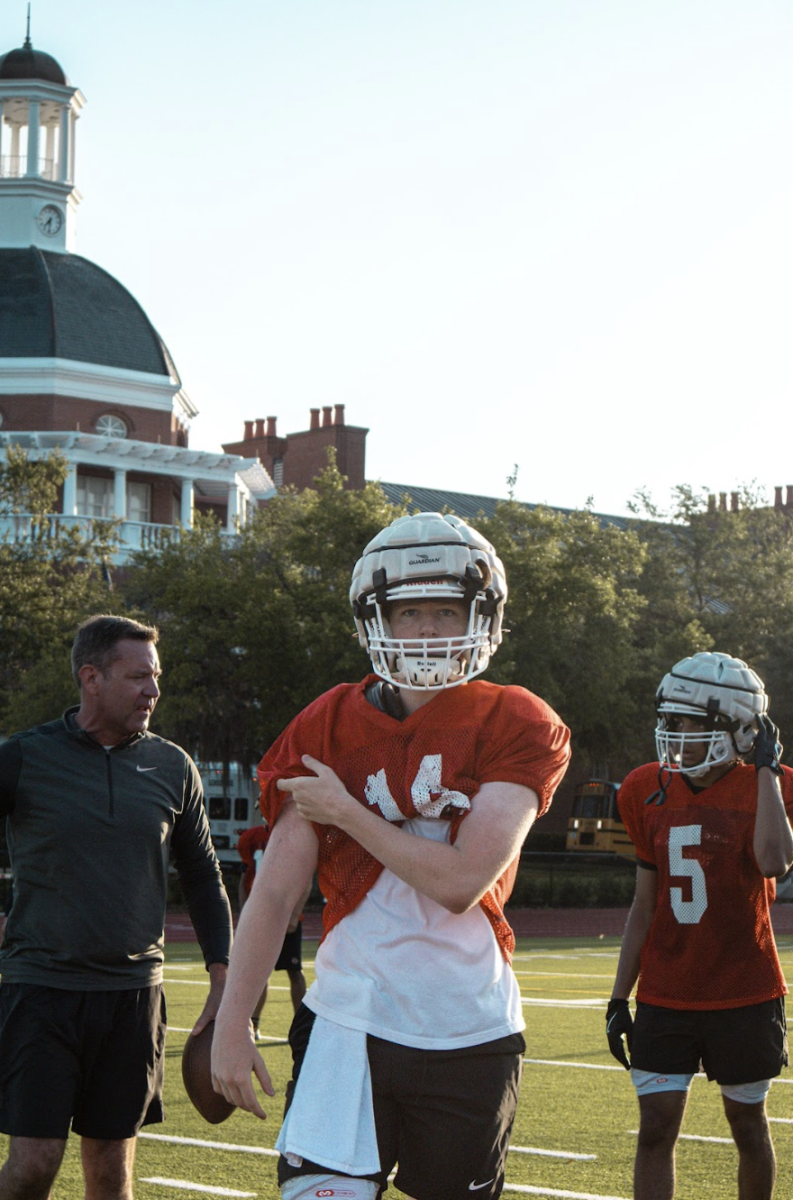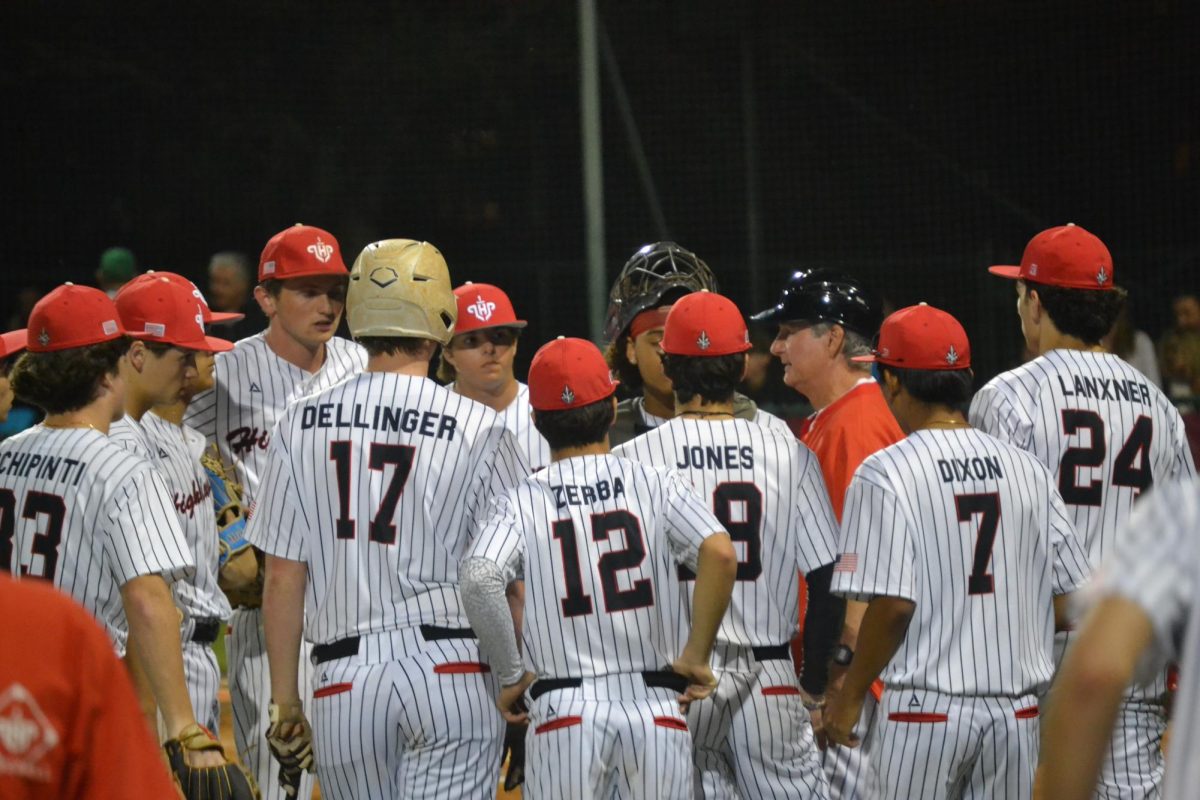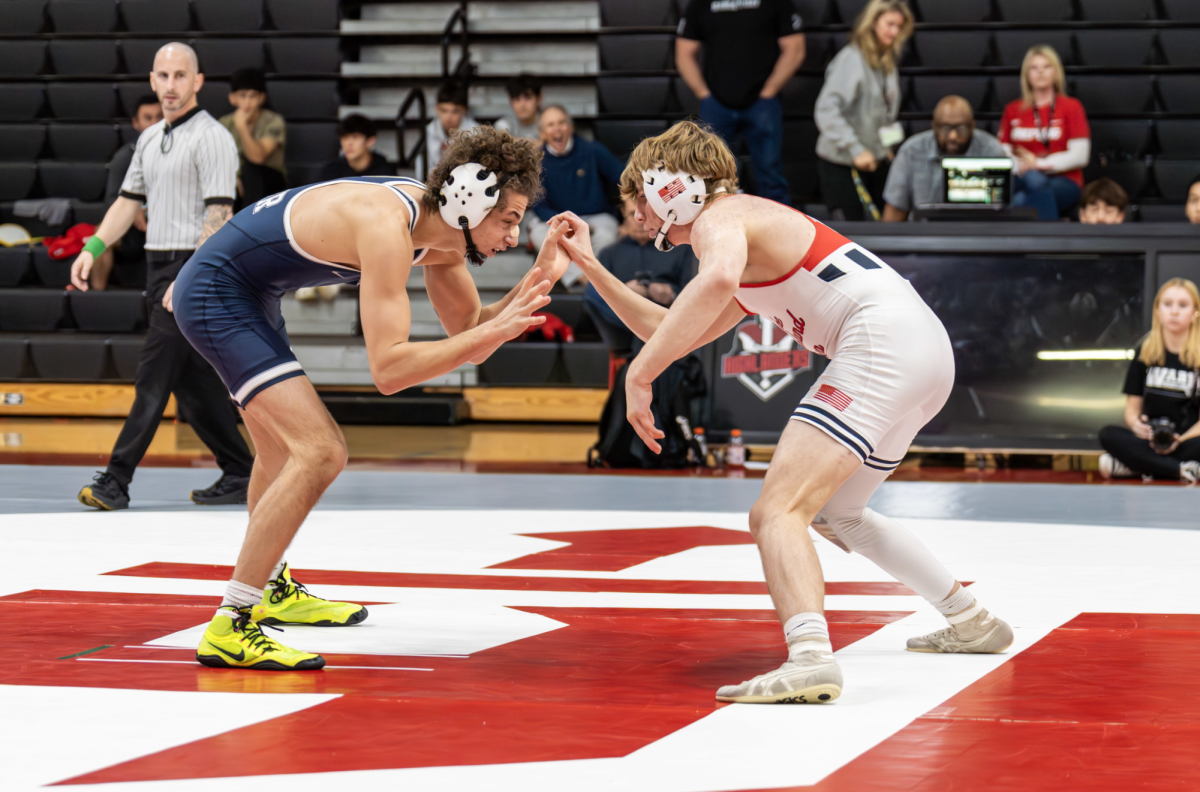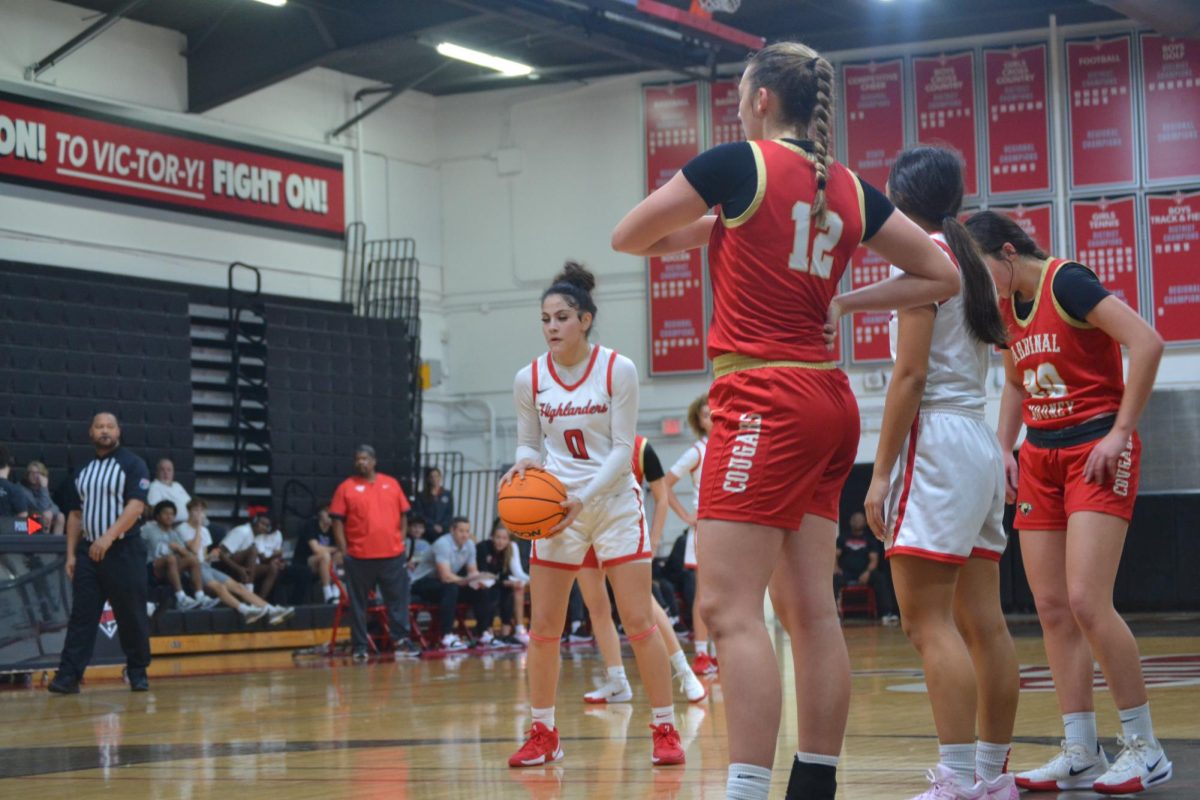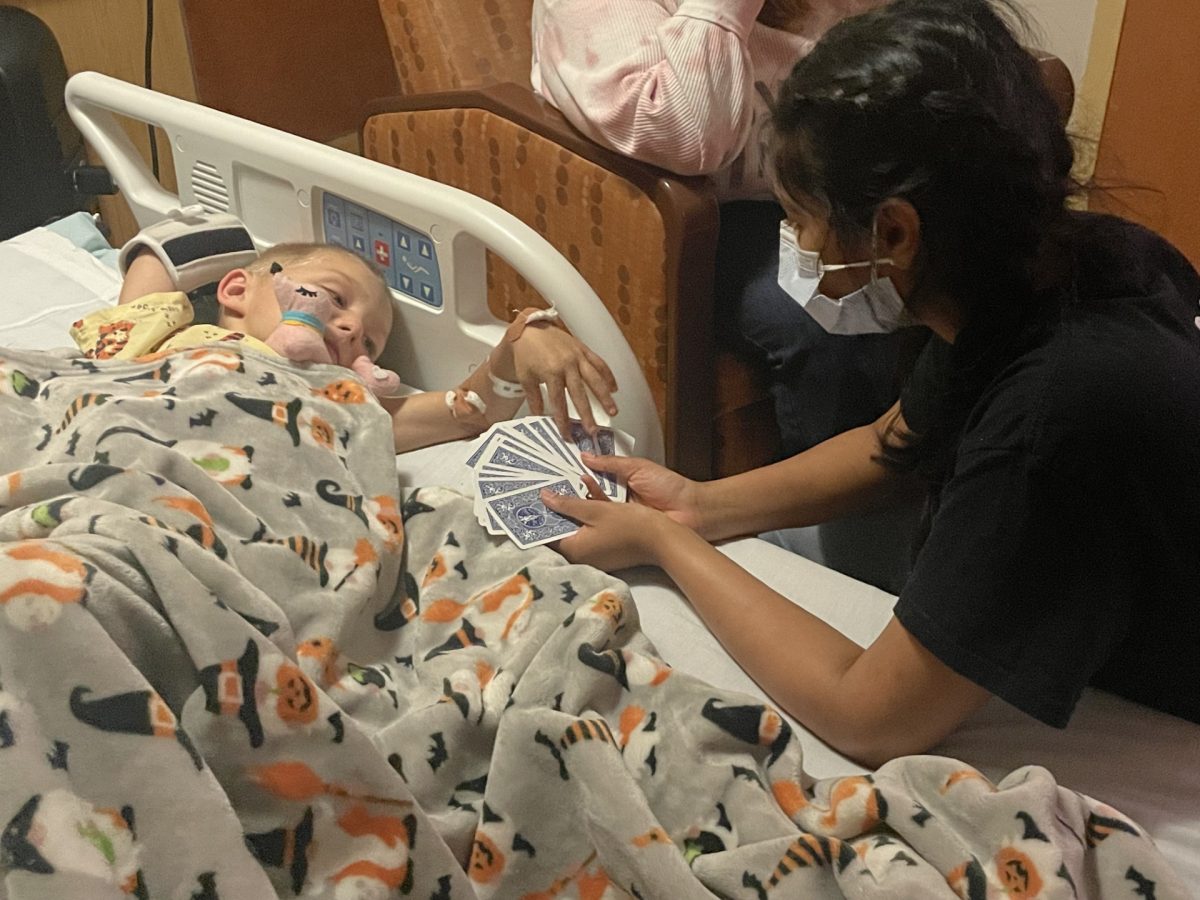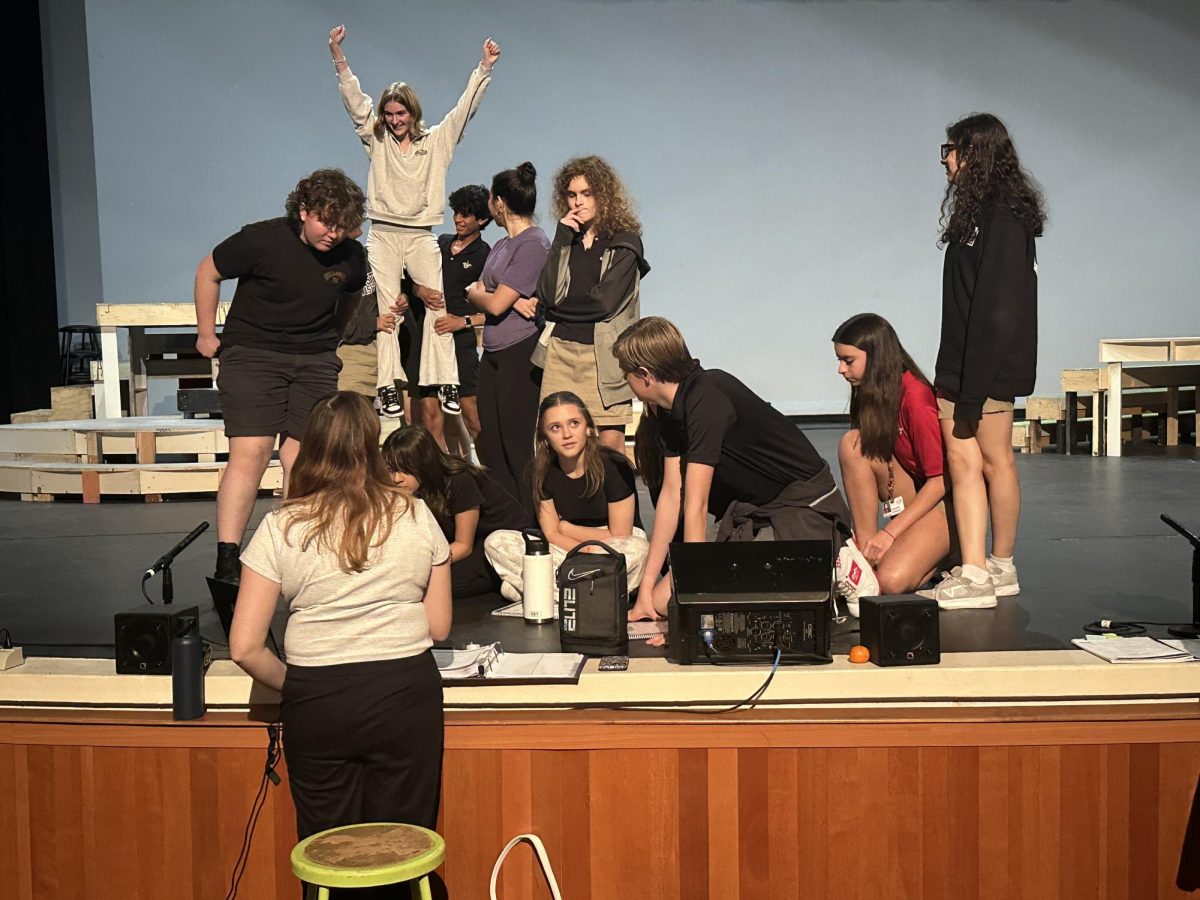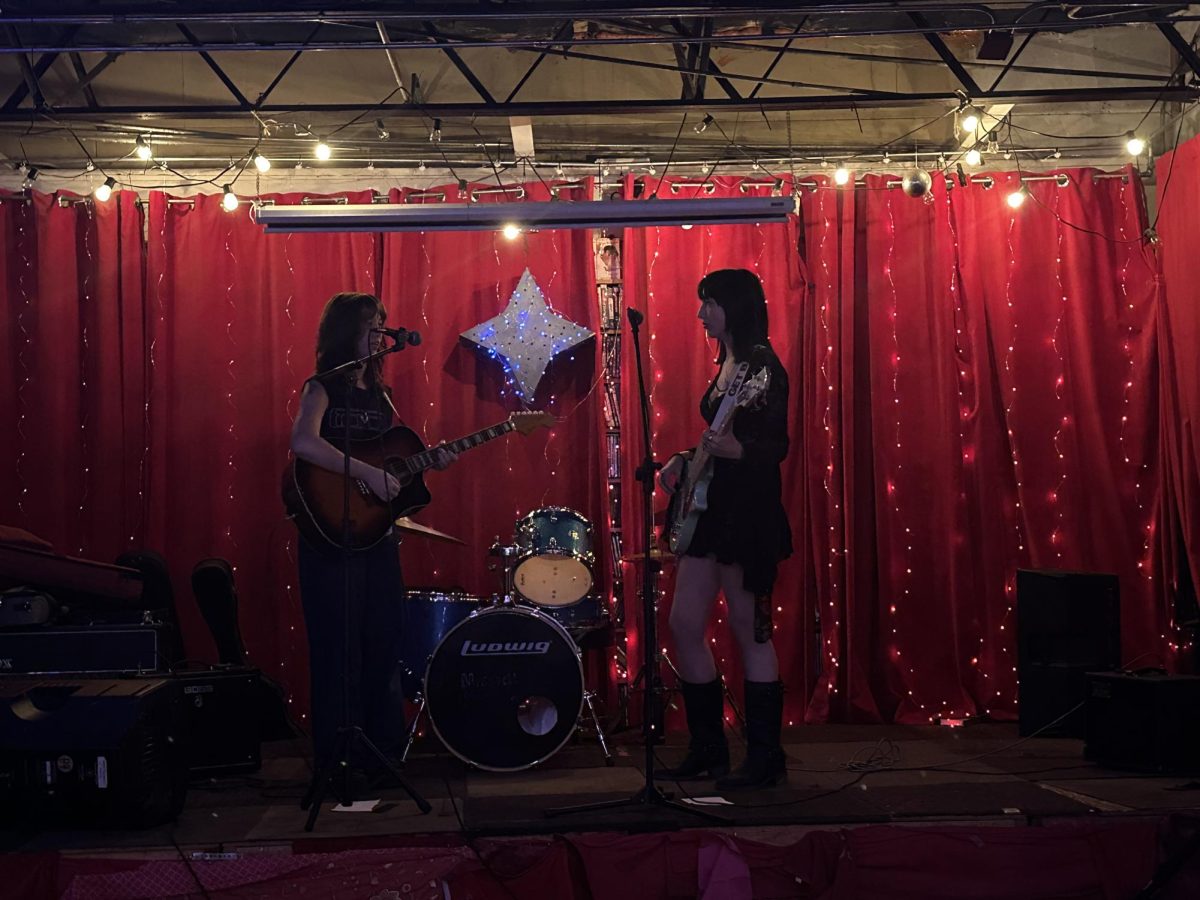Domestic Violence Debate Takes Center Court
January 3, 2022
The past year for German tennis player Alexander Zverev has been the tale of two stories. On the one hand, Zverev reached the semi-final at the U.S. Open and French Open, quarter-final of the Australian Open, and won an Olympic gold medal, the Madrid Open and the Mexican Open. On the other hand, he faced domestic assault allegations by Russian ex-girlfriend Olga Sharypova. Sharypova posted to her Instagram that she had been abused by a former boyfriend and later told American tennis commentator Ben Rothenberg of The New York Times that boyfriend was Zverev. Sharypova provided some evidence of the incident including former text message conversations, photos of her bruises, and anecdotal stories of what she went through. Zverev has repeatedly denied these allegations, and no legal process or investigation has looked into them.
In the meantime, Zverev has not only been allowed to play freely in any tournaments, but he has also faced little to no backlash from his colleagues or the Association of Tennis Professionals (ATP), which runs all the men’s professional-level tournaments. We cannot say that Zverev is guilty or not without due process. The ATP has just now started looking into the allegations, even though they were made almost a year ago. The delay in response by the ATP has been disgraceful to the tennis community and all victims of domestic abuse. It is also unclear that even if Zverev were convicted, there would be no regulation preventing him from playing on the tour, as the league has never dealt with a similar situation. Many top players have stayed silent on the matter, refusing to contribute to the dialogue such as Serena Williams, Rafael Nadal, and Naomi Osaka.
Compared to other sports organizations, the ATP is very much behind the times. The NFL has a policy banning players for six games on the first incident and enforces a lifetime ban on incidents after that. The MLB requires convicted players to attend counseling and physiological evolutions, and there is no minimum or maximum punishment set by the league for banning players from competing, but it is clearly stated players can be banned on a case to case basis. Meanwhile, little talk has been going on from tour officials about creating a policy for tennis even in the wake of these allegations.
From a Western perspective, many would agree when an individual violates someone else’s right to live, they must face punishment whether or not this happened in their “personal life.” One cannot simply use violence against another person and not expect consequence or response from others. However, in some cultures, victims are not able to feel supported after revealing the abuse they have experienced. The NFL and MLB do not create policies to please players, fans, and organizers on the international level of the ATP. Of the top ten players in the ATP, nine countries are represented. Throughout history all six inhabited continents have been represented in the top five ATP rankings (excluding the 250 people on Antartica). This makes an accepted domestic abuse policy difficult to create, when it is noted that over 40 countries do not have legislation against domestic abuse, including Russia, where Sharypova resides.
When it comes to matters like this, it is important to not look down on other cultures through a Western lens. However, a policy that should guide all cultures is that an individual’s right to live freely should not be violated. Dalai Lama, the spiritual head of Tibetan Buddhism, says, “Love and compassion are necessities, not luxuries. Without them humanity cannot survive.” So, when we are forced to decide when it is okay to intervene in another culture, we can follow this guide. Living is a right, not a privilege. Victims of abuse, both men and women, should not be subjected to this violence from their partners. This is also not to say American society is free from error.
Many men and women face domestic violence in the United States, and cases slip through the cracks. Additionally, American culture is not free from a lack of violence. Japan was one of the first countries to ban corporal punishment in schools in 1949, whereas the practice was still very common in American schools at the same time. In that instance, Western culture was forced to learn from an outsider’s perspective.
Someone must stand up for the rights of women suffering from violence in their own homes. Many victims may think it is socially acceptable to receive such violence based on the ways they were raised. As the Taliban takeover Afghanistan, things will only worsen for the country’s women where, in some parts, 90% of women have faced violence from their husbands according to the 2008 Global Rights survey. Sharypova’s home nation, and Zverev’s parent’s birthplace, Russia, faces a domestic violence epidemic. An estimated 36,000 women face violence on a daily basis (physical, sexual, economic, or physiological) in the country, and 70% have faced it sometime in their lives. The culture surrounding the issue has caused over 35% of these victims to not reach out to police or other authority figures according to Human Rights Watch.
So when professional tennis players are accused of domestic violence, the ATP should take investigations seriously, as the issue runs much deeper than the surface. The platform of tennis is so widespread, it can reach a large international audience and spark lasting change in the issue of abuse. The accusations laid on Zverev, true or not, have shown us these processes must be updated, and a team needs to be created to investigate issues like these because some of the countries players are from, like Russia, do not have any legal process to do these investigations themselves.


